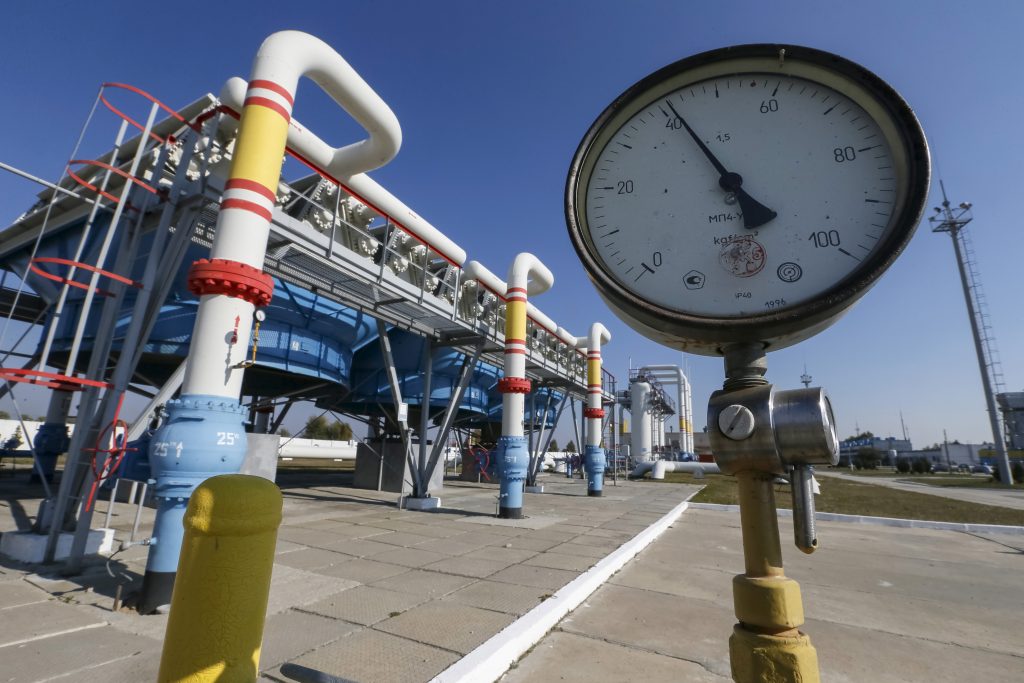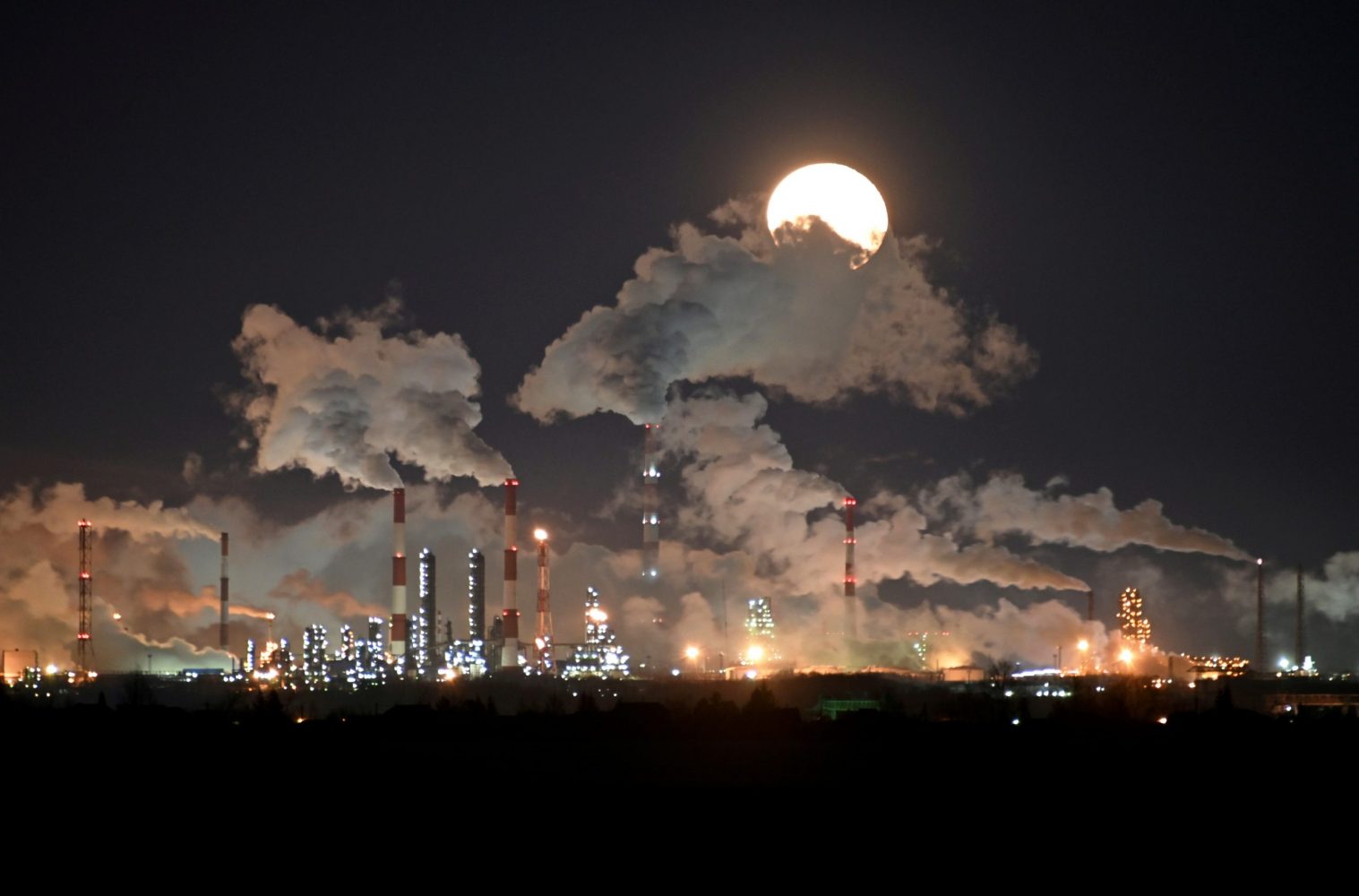Perhaps the most ill-judged, anti-reform act of the current Ukrainian administration occurred on May 29. That day the Ministry of Finance “dismissed” Walter Boltz, the chair of the Ukrainian gas transmission system operator MGU and a distinguished energy specialist. The word dismissed demands scare quotes as the act almost certainly violates Ukrainian law and the Energy Community Treaty. Nevertheless, this purported sacking is extremely dangerous and has enormous ramifications for Ukraine’s entire reform drive. Without independent supervisory boards, the entire system of energy market reform which has eradicated corruption in the energy sector and turned Naftogaz into the largest single Ukrainian taxpayer would be under threat. Equally, the act threatens the $7 billion transit contract agreed between Naftogaz and Gazprom by undermining the independence of the Ukrainian gas transmission system operator MGU. The transit contract is based on the existence of an independent transmission system operator. If that independence is undermined, Gazprom may pull the transit contract and with it the guaranteed fees that Ukraine needs.
Ukrainian energy reform, particularly in the gas sector is based on EU energy law and notably directive 2009/73/EC, the fundamental EU gas liberalization directive. That legislation was brought into Ukrainian law, through its obligations under the Energy Community Treaty (Ukraine became a full contracting party in 2011) and subsequently through direct domestic law. Directive 2009/73/EC emphasises throughout the need for independence of the executive and supervisory boards of the TSO. Specifically, Articles 19 and 20 of the directive emphasizes the need for independence, protection of due process, in respect of the executive and supervisory boards and particularly when it may involve their removal from office. Experience from the process of European energy liberalization deemed this independence vital. Without such independence the ability of the transmission system operator to operate separately from their customers, commercial and state interests proved to be fraught with difficulty, undermining liberalization.
Stay updated
As the world watches the Russian invasion of Ukraine unfold, UkraineAlert delivers the best Atlantic Council expert insight and analysis on Ukraine twice a week directly to your inbox.
The chair of the MGU Walter Boltz, the former chair of the Austrian energy regulator E-Control and former vice-chair of the EU Agency for Cooperation of Energy Regulators (ACER), was not treated according to the procedures of both Ukrainian and EU law. Instead the Ministry of Finance baldly announced that as the sole shareholder of MGU, it had decided to dismiss Boltz and that decision had been made “in view of the improper organization of the work of the MGU Supervisory Board.”
From a letter to the Finance Ministry sent by two other independent members of the supervisory board on June 2, it is clear that the Finance Ministry’s statement stands no close examination. The Finance Ministry had not raised any concerns with the supervisory board about its work and in fact it had remain entirely silent, despite requests for responses to reform proposals from the supervisory board. It is also clear from the letter that the process of dismissal of Boltz was summary, in breach of the letter and spirit of EU and Ukrainian law.
Treating a member of a supervisory board of a TSO in this manner is not a trivial matter. The independence and capacity to act of executive and supervisory boards in the Ukrainian energy sector and other state owned enterprises such as PrivatBank is vital to ensure economic reform can be delivered. It is a guarantee to the markets, investors, consumers, and to international funders, such as the EU, US, World Bank, IMF and EBRD, that the obligations undertaken by Ukraine to reform its markets will be fulfilled.
Eurasia Center events

That unfortunately is not the only consequence of the purported sacking of Boltz. At the end of December 2019, Naftogaz and Gazprom finally came to a five-year agreement on maintaining the transit flows across Ukraine. This deal ensures guaranteed transit payments for Ukraine for the next four and a half years of at least $7 billion. However, the transit deal is predicated on Ukraine maintaining an independent TSO running the pipeline network. Summarily dismissing the chair of the supervisory board of the company that owns the TSO in breach of Ukrainian law and its Energy Community Treaty obligations raises a clear question as to whether Ukraine continues to have an independent TSO.
Gazprom could raise the independence of the TSO on the basis of the Ministry of Finance’s illegal act before the Ukrainian Energy Regulator and with the Energy Community Secretariat as a prelude to terminating the transit contract, and thus Ukraine may forfeit the best part of a guaranteed $7 billion revenue stream.
Clearly the immediate solution for Ukraine is for the Presidential Administration to retract the purported dismissal of Boltz. However, the capacity of the Ministry of Finance to so easily ignore both domestic law and international obligations does raise broader questions about how to protect the economic reform process. Does the international community need to provide a transparency and alert mechanism to protect the role of supervisory board members of all SOEs in Ukraine? Should the Energy Community Treaty be strengthened to provide greater international oversight in the energy sector? These issues require further discussion over and above the fate of a single individual. Without independent boards, it is unlikely that Ukraine’s real progress will be sustained.
Alan Riley is a senior fellow with the Atlantic Council Global Energy Center.
Further reading
The views expressed in UkraineAlert are solely those of the authors and do not necessarily reflect the views of the Atlantic Council, its staff, or its supporters.

The Eurasia Center’s mission is to enhance transatlantic cooperation in promoting stability, democratic values and prosperity in Eurasia, from Eastern Europe and Turkey in the West to the Caucasus, Russia and Central Asia in the East.
Follow us on social media
and support our work
Image: A pressure gauge is seen at a gas compressor station and underground gas storage facility in the village of Mryn, north of Kiev, Ukraine, October 15, 2015. Ukrainian energy ministry actions are putting at risk a $300 million loan from the European Bank for Reconstruction and Development, Ukrainian Prime Minister Arseny Yatseniuk said on Thursday. The EBRD approved the loan in September for the purchase of gas from Europe. REUTERS/Gleb Garanich





